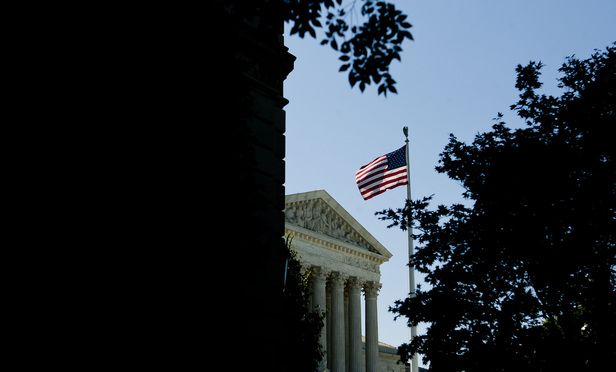Companies doing business with the government are facing an unprecedented increase in liability risk as federal authorities and individual whistleblowers aggressively use the federal False Claims Act to allege an array of frauds on a broad range of government programs. On April 19, the U.S. Supreme Court heard oral argument in Universal Health Services Inc. v. United States ex rel. Escobar, a case that may decide how far the FCA stretches.
The question the case presents is whether a “person” (company or individual) can be liable under the FCA not because they make an explicitly false claim for payment but because of an “implied certification” that, in providing services to the government, they have complied with all potentially applicable legal requirements. As a practical matter, Escobar may determine how easily defendants can win in an early stage of an FCA case, before going through the expensive and disruptive discovery process.
This content has been archived. It is available through our partners, LexisNexis® and Bloomberg Law.
To view this content, please continue to their sites.
Not a Lexis Subscriber?
Subscribe Now
Not a Bloomberg Law Subscriber?
Subscribe Now
LexisNexis® and Bloomberg Law are third party online distributors of the broad collection of current and archived versions of ALM's legal news publications. LexisNexis® and Bloomberg Law customers are able to access and use ALM's content, including content from the National Law Journal, The American Lawyer, Legaltech News, The New York Law Journal, and Corporate Counsel, as well as other sources of legal information.
For questions call 1-877-256-2472 or contact us at [email protected]






